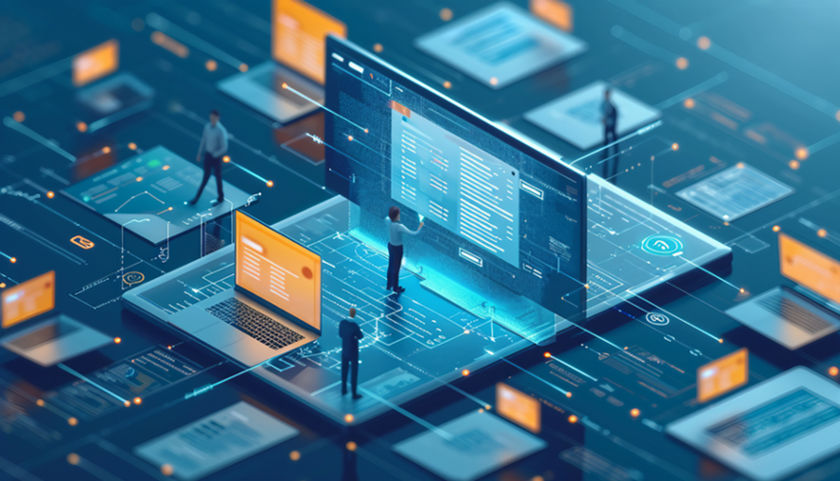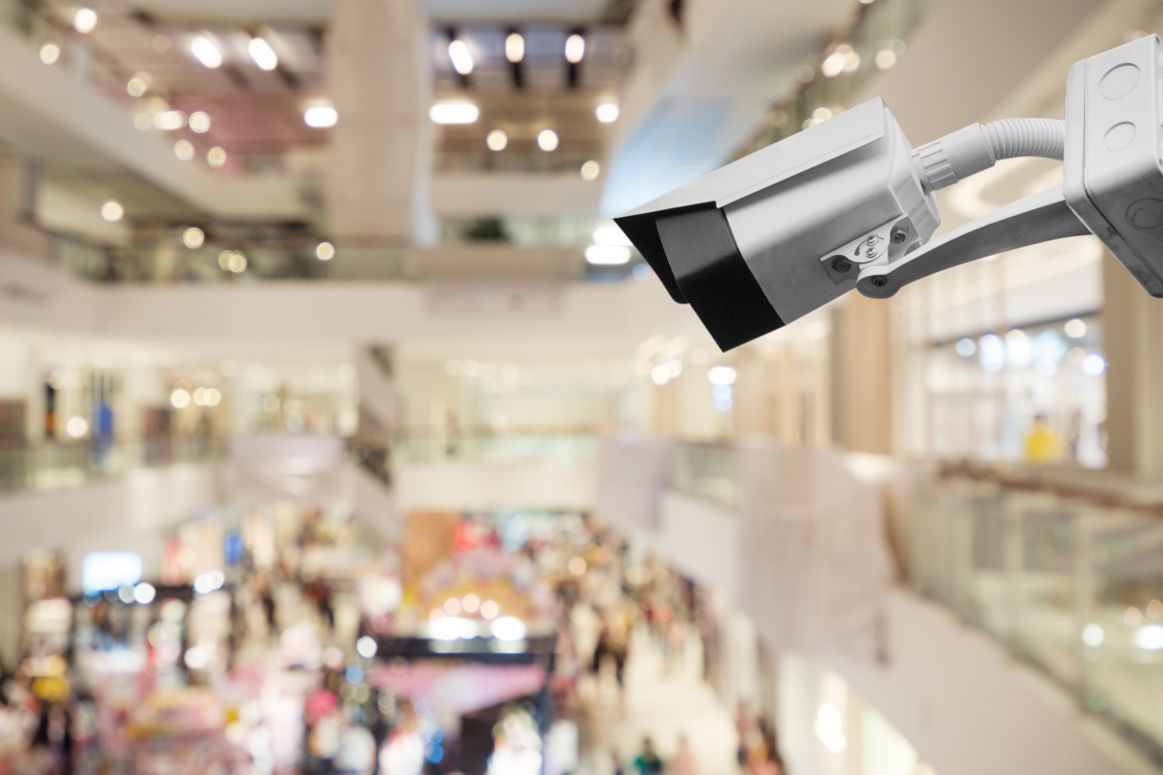David LeVine, Global Vice President for Digital Strategy at New Era Technology, started the webinar focusing the implications of artificial intelligence (AI). He defined Artificial Intelligence (AI) as a set of technologies enabling computers to perform various advanced functions.
Three Types of AI
The first type is limited intelligence, which includes virtual assistants. The second type is overall intelligence, which refers to machines that are as clever as humans. The third type is super intelligence, which involves machines that surpass current human abilities.
LeVine shares current uses of AI across industries, showcasing examples in healthcare, finance, and logistics. He emphasized the importance of prioritizing AI use cases based on business value.
Advantages and Disadvantages of Artificial Intelligence
Advantages of AI, such as task automation, reduced human error, increased creativity, accuracy, and enhanced decision-making. He also addressed AI challenges, covering data quality, governance, resource availability, and the need for modernized technology platforms to fully leverage AI.
Roland Cloutier, a global security executive, joined Dave LeVine to discuss the protective aspects of AI. He highlighted the impact on business operations, including the potential for decreased infrastructure, personnel, and business costs.
Cloutier explained the security and privacy implications of AI. He urges businesses to consider how these advancements would affect their overall risk management strategies. He links the power of AI to similar disruptive technologies, such as Cloud computing. He predicts that AI will reshape the digital ecosystem by providing faster, more cost-effective services.
He recognizes the challenge lies in securing these rapid developments and addressing potential risks. He said that companies are still struggling with risks from third and fourth parties. Using AI will make things more complicated as businesses depend on global technologies and data systems.
Three Crucial Security and Privacy Perspectives
First, organizations need to determine how fast they can adapt and enable the use of technologies. The challenge lies in securing these rapidly evolving ecosystems.
The second consideration is the need to defend infrastructures, which will now include AI. Cloutier emphasized that Artificial Intelligence should serve as both a preventative and defensive capability. While traditional security measures are essential, the speed and inclusivity of AI demand a more advanced approach. AI can understand how information flows, detect data breaches, and ensure a quick response.
The third thing to think about is the risks inside a company, which will change because jobs and careers are changing. Traditional roles may disappear, and new challenges related to AI technology adoption may arise.
AI Implications for Businesses
Cloutier emphasizes the significance of understanding business technology and value chain. This understanding is crucial as organizations transition from SaaS projects to core AI capabilities. The future supply chain will be complex and require a clear understanding of the business strategy.
He identified the explosion of APIs and microservices as a critical factor. Roland highlighted the dynamic nature of these components, emphasizing the need for organizations to catalog their APIs, understand authentication schemes, and monitor usage. APIs and microservices will become integral to business communication, and he urged organizations to prepare for this shift.
Cloutier suggests organizations use the IDC viewpoint to focus on the core business impact when adopting AI. Focus on progressing the business, competing well, and assessing the overall impact on the market and organization.
Cloutier highlighted two core areas for security professionals: the protection of data assets and alignment with key trust frameworks. He emphasized the importance of understanding, protecting, and managing data. He also recommends aligning with trust frameworks to ensure the trustworthiness of Artificial Intelligence implementations.
Cyber Security AI Considerations
Cloutier shared five key cyber security considerations for organizations:
- Develop employee education and guardrails to ensure a common understanding of Artificial Intelligence
- Establish help desk processes for support
- Focus on Infrastructure as a service to integrate AI capabilities securely, transparency and resiliency
- Prioritize data defense to protect sensitive information assets
Your security focus needs to revolve around preventing, defending, monitoring, and responding to threats. Consider the significance of insertion events, particularly the potential mishandling of big data streams and pipelines.
Cloutier emphasizes the availability of current technologies designed to identify and defend against such threats, emphasizing the importance of implementing these protections immediately. Cloutier suggests utilizing existing technologies to safeguard against these threats. He highlights the need for a Critical Asset Protection Plan (CAP) for critical business components.
Cloutier emphasizes the importance of understanding Artificial Intelligence infrastructure in response centers or security services. The importance of having the right tools for forensic investigation ensures a deep understanding of AI during such situations.
Moving to data defense and access assurance, Cloutier stresses the need to understand the context of data assets. To simplify data management, understand its source, legal obligations, monitor access, and track its journey. He emphasizes the need for consistent and thorough monitoring of informational assets to ensure compliance and protection.
Cloutier predicts significant changes in the skill sets required for AI-related roles. Growing businesses must adapt to job families and recruitment strategies to include new disciplines like Artificial Intelligence ops.
How New Era Technology Helps Organizations
Roland Cloutier and David LeVine provide a comprehensive overview of the challenges and considerations organizations face as they integrate AI into their business operations. They emphasize the need for a strategic and adaptive approach to security and risk management.
We invite you to further discuss the intersection between AI, business protection, and the evolving landscape of technology. New Era Technology offers information on the current state of Artificial Intelligence. Additionally, we provide guidance on how businesses can successfully integrate and protect AI in the digital age.
Speakers:
Dave LeVine | New Era Technology
Roland Cloutier | ( fmr) Global Chief Security Officer
*ChatGPT was used to create this blog.

 Canada
Canada Australia
Australia New Zealand
New Zealand UAE
UAE United Kingdom
United Kingdom![Screen Shot 2023-11-16 at 3.41.48 PM [4:35 PM] Jackie Edwards AI Readiness Survey](https://www.neweratech.com/us/wp-content/uploads/sites/5/2023/11/Screen-Shot-2023-11-16-at-3.41.48-PM.png)




